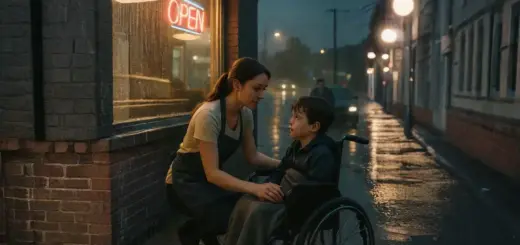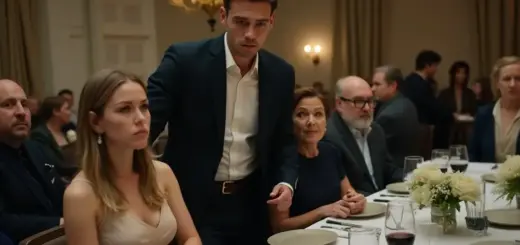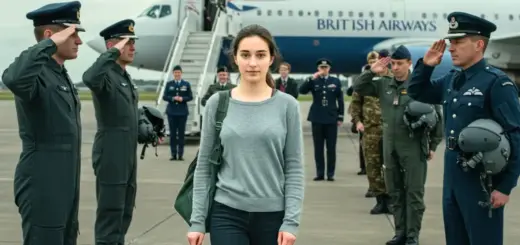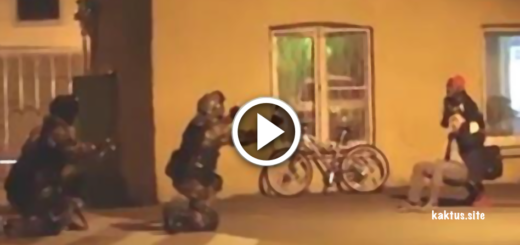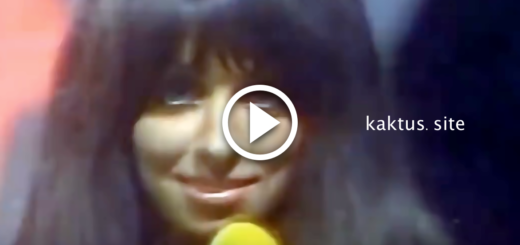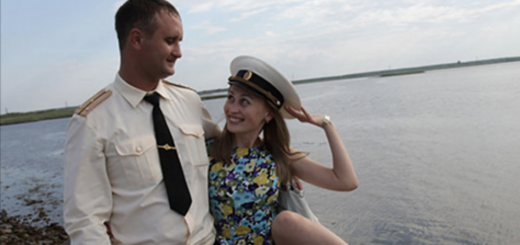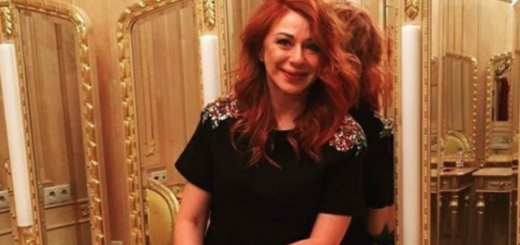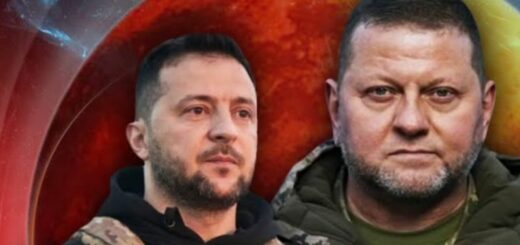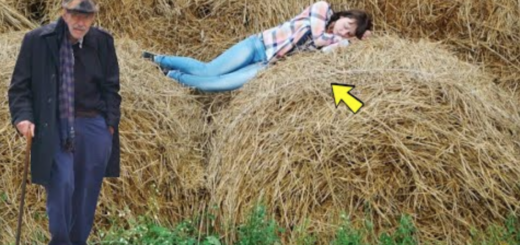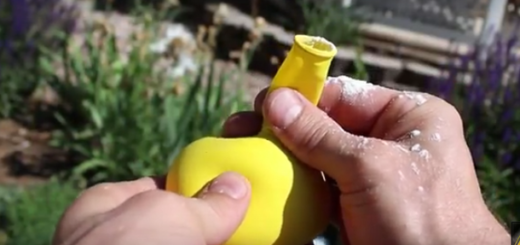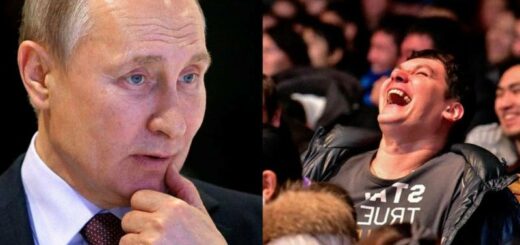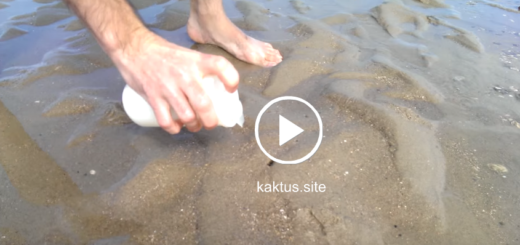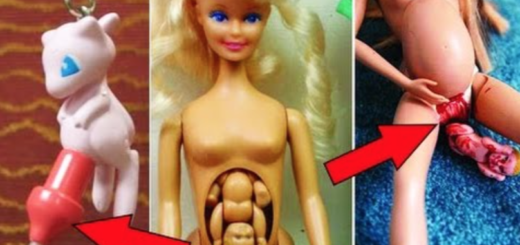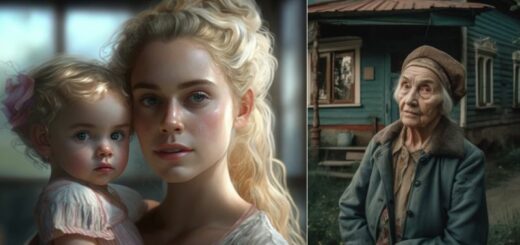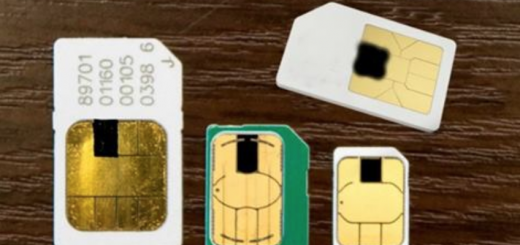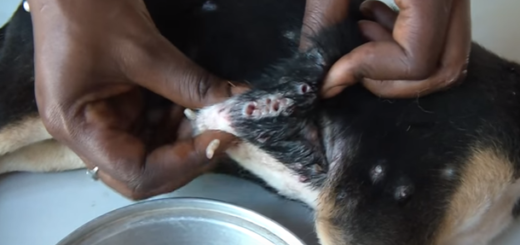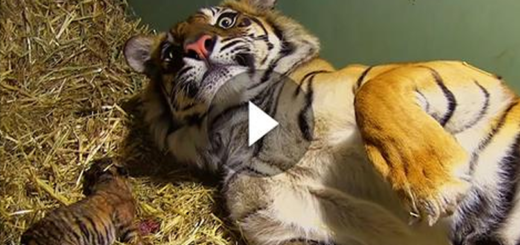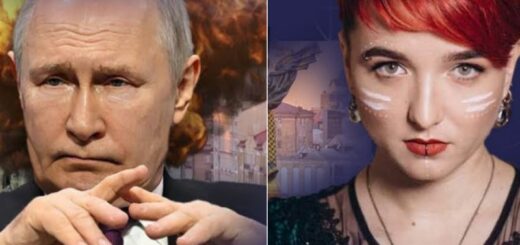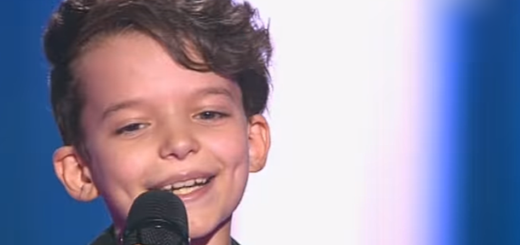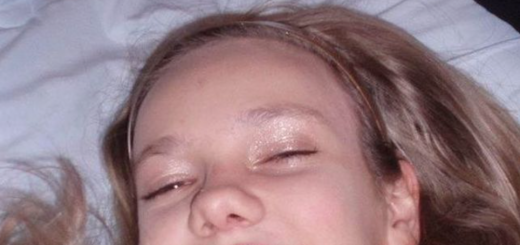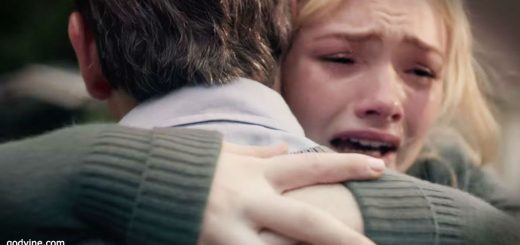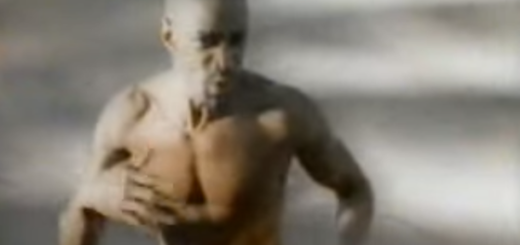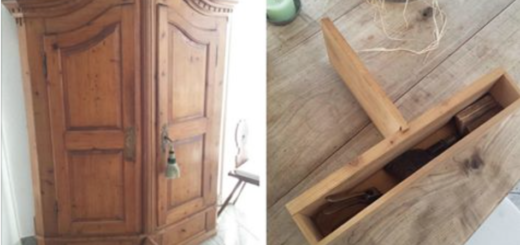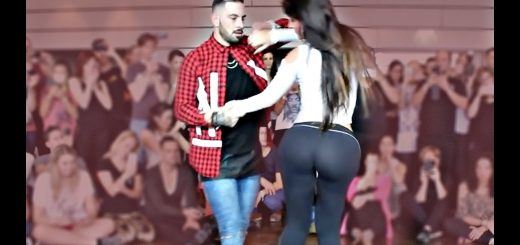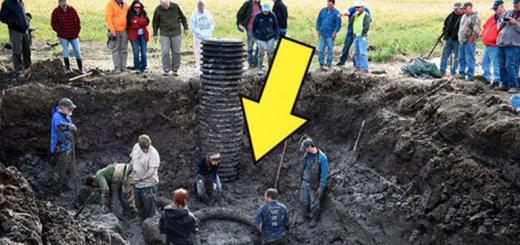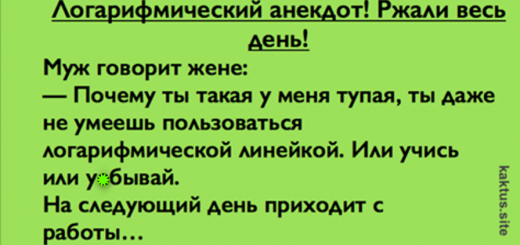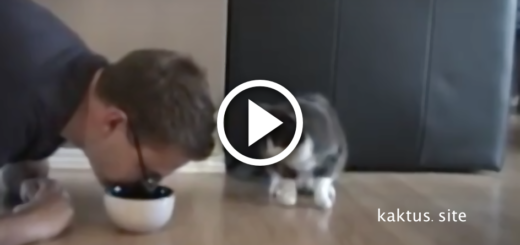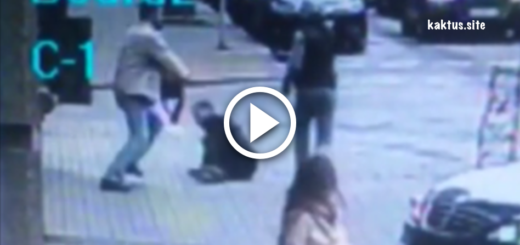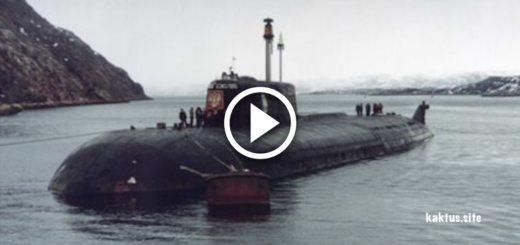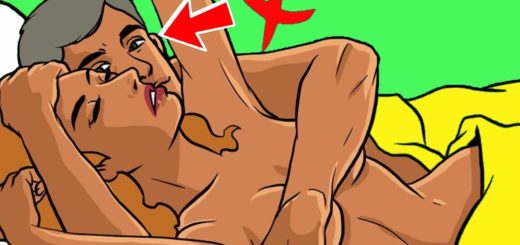— Get dressed. We’ll go together, — Andrew said, turning to leave.
An hour later, they were driving through the narrow streets of the Lakeview neighborhood, where the children’s home was located. Noah sat silently, clutching the photograph, while Andrew tried to gather his thoughts. He imagined Eleanor walking these halls, handing out candy to the children, smiling at them. Why had she kept it a secret? Was she afraid he wouldn’t understand?
When they arrived, they were met by an older woman with tired eyes—Sister Mary, a caregiver. She recognized Noah and sighed.
— You ran away again, little one? — she asked, but her voice held no reproach, only sadness.
Noah hung his head, and Andrew stepped forward.
— I want to talk about him. And about my wife, Eleanor Miller.
Sister Mary’s eyebrows shot up in surprise, then she nodded.
— Come with me.
They followed her into her cramped office, which smelled of old books and herbal tea. The woman pulled out a file and looked at Andrew with a sad expression.
— Eleanor came here for several years. She loved Noah very much, — she began. — She wanted to adopt him. But she didn’t have time to sign the final papers. She… she left us too soon.
Andrew felt a void open in his chest.
— Adopt him? — he asked, his voice hoarse.
— Yes, — Sister Mary nodded. — She said you were a very busy man. But she hoped that one day you would accept him.
Andrew closed his eyes, feeling the floor give way beneath him. Eleanor had wanted to bring this boy into their lives. Without his knowledge. He clenched his fists, trying to contain the surge of anger and pain.
— Can I see the documents? — he asked quietly.
Sister Mary handed him the file. Andrew took it with trembling hands, realizing that his life would never be the same. He glanced at Noah, who was standing to the side, and saw in his eyes the same pain he felt himself.
Noah came closer and whispered softly, — She said you would love me when you found out.
Andrew felt a lump form in his throat. «Busy.» The word had become his verdict. He had always been busy—meetings, work, obligations. He had missed so many moments with Eleanor. And, perhaps, he had missed the chance to learn about Noah sooner.
He stood up abruptly and nodded to Sister Mary.
— Thank you. We’ll be going home now.
On the way back, the car was filled with a tense silence. Noah stared out the window, while Andrew held the steering wheel tightly, trying to process what he had heard. Eleanor had left him more than just memories. She had left him a choice. And he didn’t know how to live with it.
When they returned home, Noah stopped at the threshold, taking in the large windows of the apartment and the minimalist interior. It all looked as if he had stepped into another world.
— It’s late, — Andrew said. — You can sleep in the same room.
Noah looked at him with an expression Andrew couldn’t decipher.
— I’m staying here?
— For now, — Andrew replied, frowning.
The boy lowered his gaze and held the photograph tighter.
— Mom… I mean, Eleanor, said you had a big house. But that it’s always empty.
Andrew flinched. «Empty.» It was true. And for the first time, he wondered if this home had become cold after Eleanor’s death, or if it had always been this way, and he just hadn’t noticed.
— Go get some rest, — he said quietly.
Noah nodded and walked toward the room with small steps. Andrew remained in the hallway, feeling a heavy weight on his chest. He poured himself a glass of bourbon from a bottle in the cabinet and went to his study. There, on the desk, lay the file. He stared at it for a long time before opening it.
Inside were adoption papers, letters from Eleanor, records of her visits to the home. His fingers slid over the pages, and he felt anger mix with sorrow. His wife had left him more than just memories. She had left him a final decision.
Andrew sat in his study, staring at the file of documents spread before him. The glass of bourbon was empty, and the bottle was now half-gone. He had spent the night rereading Eleanor’s letters, and each of her words pierced him like a needle. In the dim light of the desk lamp, he saw her handwriting—neat, with slight flourishes, so familiar and yet, now, so foreign.
«Andrew, I know this will come as a shock to you,» she had written in one letter. «But Noah needs a family. I tried to talk to you about it, but you were always so busy. I don’t want him to grow up without love. I don’t want him to be alone in this world.»
«Busy.» The word repeated itself in her notes like a reproach, an echo of their life together. Andrew pinched the bridge of his nose, trying to quell the storm of emotions. Eleanor had left him Noah as a final request, but how could he fulfill it when he himself didn’t know the first thing about being a father? He raised his head and looked out the window—a gray winter morning was breaking over Chicago.
Quiet footsteps outside the door pulled him from his thoughts. Noah stood in the doorway, barefoot on the cold hardwood floor, in the same wrinkled clothes from yesterday. He rubbed his eyes and said softly:
— Good morning.
Andrew nodded, feeling hollowed out.
— Sleep well?
— A little, — Noah shrugged. — I’m not used to the quiet.
Andrew pressed his lips together. The children’s home must have always been noisy—kids, shouting, constant motion. But here, in his apartment, a dead silence reigned, a silence he had once valued. Now it felt oppressive.
— You can stay here until I figure out what to do with you, — he said, not bothering to soften his words.
Noah hung his head and slowly nodded. He didn’t ask any questions, but Andrew saw how his thin shoulders tensed. The boy understood that his presence here was temporary. And he wasn’t going to beg to stay.
This silent compliance stirred a strange feeling in Andrew—something between irritation and shame. How do you explain to a child that you just don’t know how to be close to someone? The day passed in a strained silence. Andrew took Noah to a department store on Michigan Avenue to buy him new clothes—his old jacket and pants were in terrible shape. The boy asked for nothing, chose nothing, simply took whatever Andrew handed him. This bothered Andrew more than he was ready to admit.
The store was bustling with people—children ran between the racks, laughing, pulling on their parents’ sleeves, excited about new things. Noah, however, stood apart, as if he didn’t believe he had the right to choose anything. The thought lingered with Andrew all the way home.
That evening, as Noah was getting ready for bed, the phone rang. It was his old friend and lawyer, Ryan.
— Andy, I have some news about the boy, — he began cautiously.
— What is it? — Andrew tensed.
— A family has been found that wants to adopt him. The Harrison family. Wealthy people, live out in Winnetka. They’re ready to take Noah as soon as tomorrow.
Andrew felt something tighten in his chest. «This is it,» he thought. He had wanted someone to take on the responsibility for the boy, to give him a home. But why did that thought leave such a bitter taste in his mouth?
— I need to think about it, — he said finally and hung up.
He glanced at the closed door of Noah’s room. The boy didn’t know anything yet. And Andrew wasn’t sure how to tell him. The next morning, he woke with the same anxiety as the day before. As he dressed, he tried to gather his thoughts. He had to talk to Noah about the Harrisons. But every time he started to form the words, something stopped him.
When he went down to the kitchen, Noah was already sitting at the table. A plate of scrambled eggs was in front of him, but he hadn’t touched it—he was just staring at it as if he didn’t know if he was allowed to eat.
— Not hungry? — Andrew cleared his throat.
Noah looked up and glanced at him cautiously.
— I’m hungry.
— Then eat, — Andrew replied curtly.

